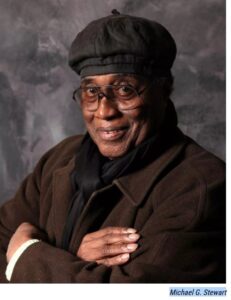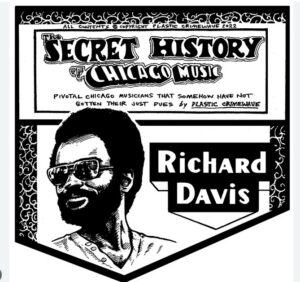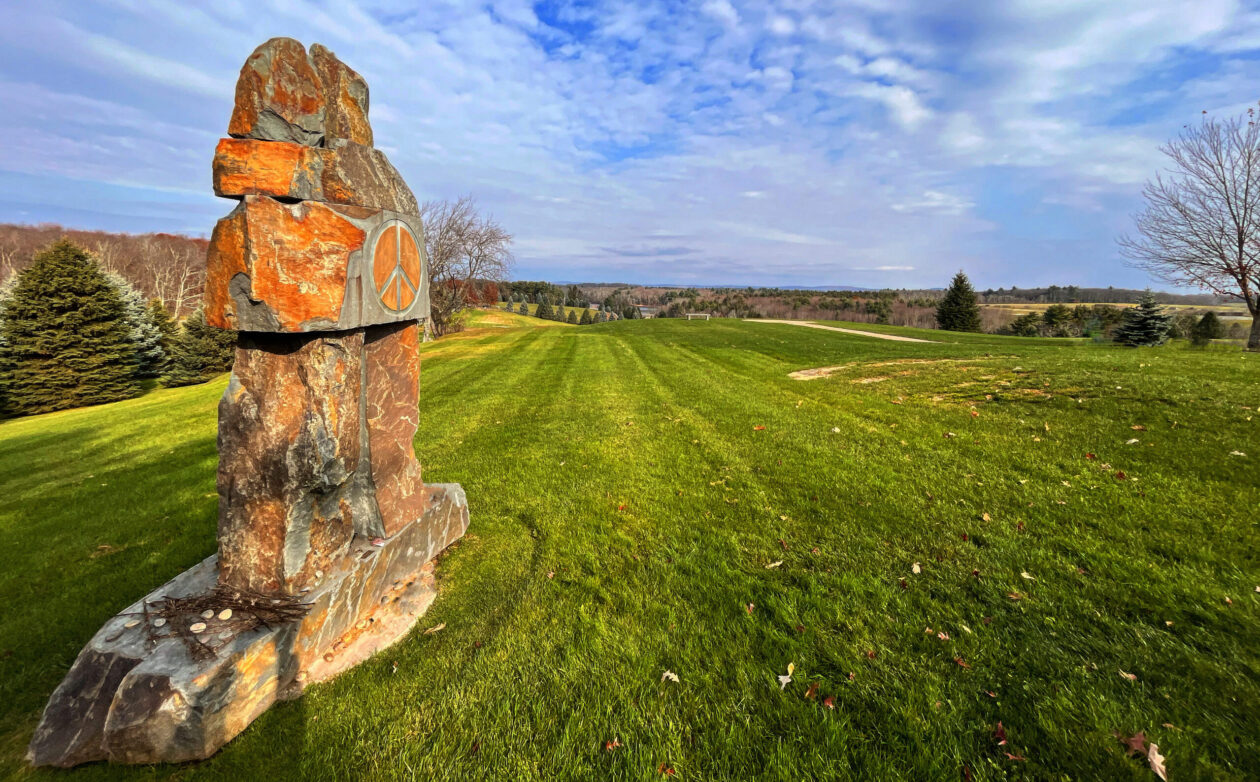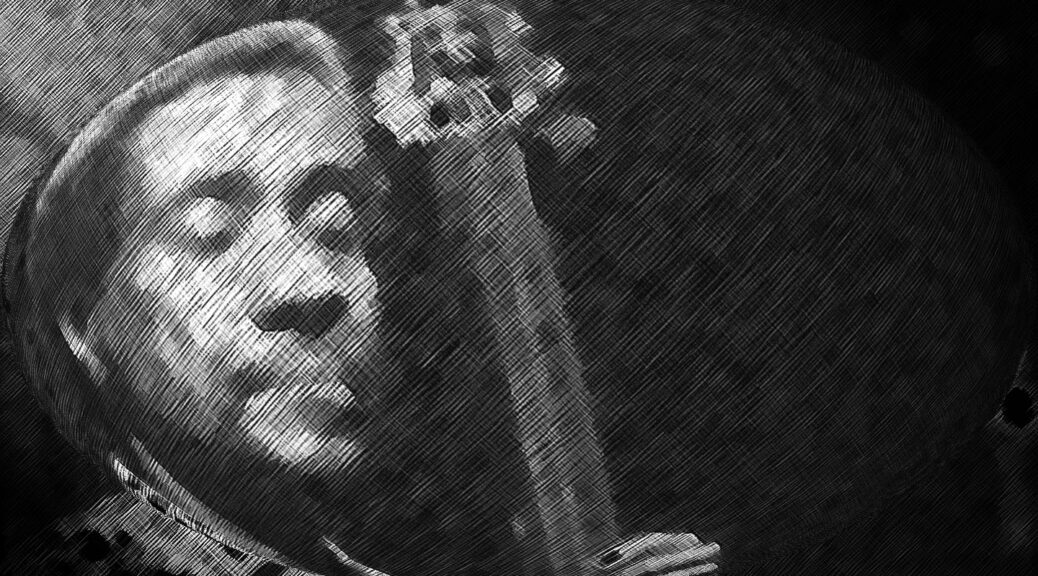Bassist Richard Davis
 April 15, 1930 – September 6, 2023
April 15, 1930 – September 6, 2023
The older we get the more we realize that there’s so much we just didn’t know. Or so much we thought we knew, but wasn’t quite the whole story.
If pressed to answer the question, “What is your favorite album?” I will likely respond that there are a few, but Van Morrison’s Astral Weeks is up toward the top if not at the top. It’s as much a nostalgic reason–I was away at school and homesick and the album just was the right thing at the right time–as it’s just great music.
That was in 1969 when my college station’s late night DJ played lots of it.
It was sadly only on September 6, 2023, 54 years later, when I heard two things, that the bassist on Astral Weeks had died and that his name was Richard Davis. I had a name to attach to that beautiful playing.
Astral Weeks influence
And then while listening to, Episode 170 of A History of Rock Music in Five Hundred Songs–the best rock music podcast anywhere [a New Yorker article headline called Andrew Hickey‘s show “A Music Podcast Unlike Any Other”) I discovered that not only was Davis the bassist on that amazing album, he was everywhere and our musical paths had crossed regularly over the decades.
An example? Bruce Springsteen loved Morrison’s Astral Weeks and that love influenced his first album, Greetings from Asbury Park, N.J. How? Davis played double bass on “The Angel.”
He also played with Bonnie Raitt, The Rascals, Spanky & Our Gang, Ruth Brown, Garland Jefferies, Laura Nyro, Biff Rose, Sha Na Na, Loudon Wainwright III, Paul Simon, Van Eaton brothers, Janis Ian, Carly Simon, Melissa Manchester, Elliott Murphy, Billy Cobham, Jaco Patoriouis (!), Essra Mohawk, Judy Collins, Lew Soloff, The Manhattan Transfer, well, you get the idea and that’s just performers that my demographic might be most familiar with.
There are dozens of equally famous (in many cases, more famous) jazz musicians he played with.
Let simply quote his site’s statement: He…recorded a dozen albums as a leader and 3000 recordings and jingles as a sideman.
Or go to the AllMusic site for his very very long list of credits.
Beginnings
 Davis was born Chicago but is mother died in childbirth. His NYT obituary stated: …he was adopted by Robert and Elmora Johnson. …exposed to music through the records his mother had collected in her native New Orleans and the hymns Mr. Johnson would sing around the house.
Davis was born Chicago but is mother died in childbirth. His NYT obituary stated: …he was adopted by Robert and Elmora Johnson. …exposed to music through the records his mother had collected in her native New Orleans and the hymns Mr. Johnson would sing around the house.
He attended DuSable High School in Chicago, where he studied music under Walter Dyett, who mentored many future jazz stars, and he started playing the bass at 15. As he recalled in a 2013 interview published in the American Federation of Musicians magazine Allegro: “I was just enthralled by the sound. The bass was always in the background and I was a shy kid. So I thought maybe I’d like to be in the background.”
I wonder how often the shy kid becomes the bass player?
While he attended VanderCook College of Music Davis continued to play and make connections. One of those was pianist Don Shirley (think the movie “Green Book”)
New York City
In 1954, he and Shirley moved to New York City and performed together until 1956, when Davis began playing with the Sauter-Finegan Orchestra. In 1957, he became part of Sarah Vaughan’s rhythm section, touring and recording with her until 1960
Madison?
Davis left New York in 1977 to take a position as a professor of music and music history at the University of Wisconsin-Madison.
In 2011, Davis told OnWisconsin, the university’s alumni magazine, “I got a call offering me a job at the university in Madison because they didn’t have a bass teacher on campus,”. “I said, ‘Where’s Madison?’ I asked around if anyone had heard of the place because this school kept calling me. Martin Luther King Jr. talked about the importance of teaching others, and I had always wanted to teach young people. I thought maybe it was time.”
He retired from teaching in 2016.
Legacy of Activism
Richard Davis Foundation for Young Bassists
In 1993 Davis established the Richard Davis Foundation for Young Bassists. It states it purpose this way:
In Conclusion
Perhaps, there is no better way to recognize the talent and legacy of Richard Davis than by quoting Neil Heinen, editorial director of Madison magazine’s Spectrum:
“As one of the world’s premier bass players, Davis’s music…touched the lives of countless fans, and his teaching…inspired generations of students in the classroom as well as with the Richard Davis Foundation for Young Bassists, Inc., which provides musical instruction for financially challenged youth. While the jazz master and professor could’ve ended his renowned biography there, his passion for social justice, for the healing of racism, …changed the lives of those who have accepted his invitation to open their hearts, minds and spirits to the history and pathology of racism within.”
Guardian obituary, Rolling Stone obituary
Bassist Richard Davis, Bassist Richard Davis, Bassist Richard Davis, Bassist Richard Davis, Bassist Richard Davis, Bassist Richard Davis, Bassist Richard Davis, Bassist Richard Davis,


